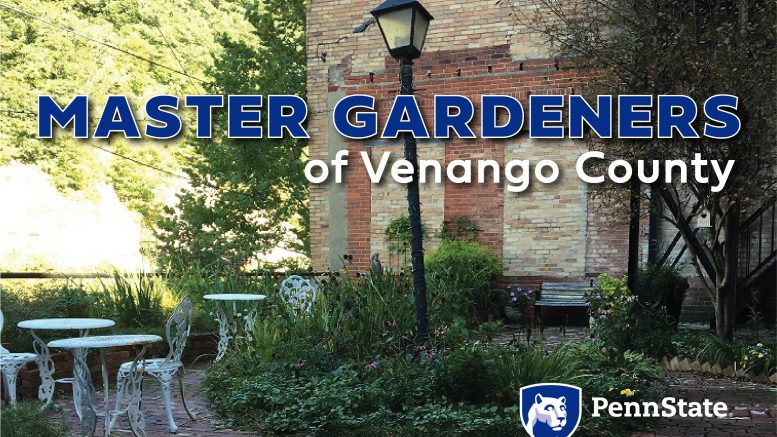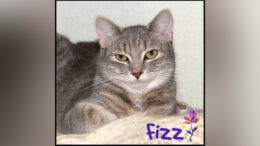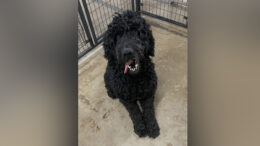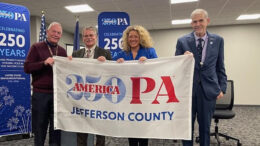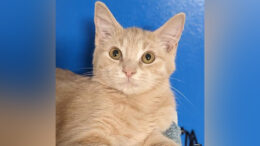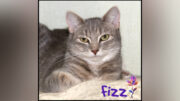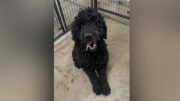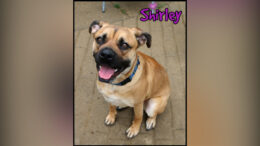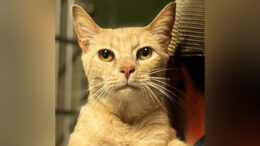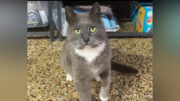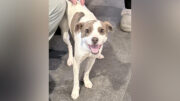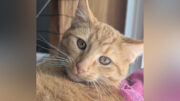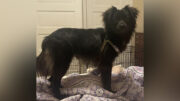Here are some helpful hints on ways to make your garden a pet safe and beautiful space.
After 22 years in the military, it is nice to have a place to call home. One benefit is having our own yard and the ability to create our own garden. My mind whirls with the plant combinations I can use to enhance our home.
However, besides beauty and functionality, we have to think about our family members. Not my wife, as I don’t think she has any interest in digging up and chewing on our plants. It is our four-legged friends, who search for adventure in our lawns and gardens. Gardens, while lovely, can also hold hazards and poisons that are dangerous for your pet. We have a curious Basset Hound and a rambunctious Beagle we have to consider when creating our green masterpiece…I am sure others out there have the same issue.
Plants
Choose your plants wisely. Some plants are toxic, which means they contain some sort of chemical that will cause a reaction if eaten. Toxicity levels vary in different plants and cause different reactions that can be mild to quite serious (even deadly). Sometimes we think of only exotic plants as poisonous, but many common, native plants are very toxic to animals. Daffodils, many lily varieties, morning glory, and oleander are toxic to animals. Before you shop for plants, check the ASPCA Toxic and Non-Toxic Plants website. Also, avoid planting thorny and spiny plants, which can cause serious eye injuries. In addition, beware of toxins which may show up wild in your yard. Many wild mushrooms produce aflatoxins, which can be fatal if ingested by dogs; if mushrooms appear, dig and dispose of them immediately.
Mulch
Mulch has many beneficial properties, such as moisture retention, weed suppression, and beautification. However, certain mulches can cause reactions in your animals. Cocoa mulch is probably the most controversial type of mulch, the theobromine (and caffeine) contained in the cacao shells cause adverse reactions in dogs and cats. While many cocoa mulch manufacturers claim to have changed their processing methods to remove these two compounds, the safest route is to avoid it entirely. Rubber mulch claims to be chemical free, but plastic is far from a natural substance. Also, some wood mulches may contain color dyes to which your animals may be sensitive. Use natural wood mulches as a safer choice for your animals.
Fertilizer (and other chemicals)
The safety claims made by synthetic fertilizer manufacturers that produce “dog-safe” fertilizer base the lack of danger on the absorption speed of the chemicals into your plants and/or lawn. To theoretically keep Fido from harm, he must be kept away for a designated amount of time. When heavy rainstorms come, however, some trace amounts of chemical may spring up to the surface from puddling. Worm castings, kelp, fish emulsion, compost, and composted manure are recommended as safe alternatives. Regardless of what you use, read the label, apply as directed, and keep your animals away until it has been completely worked into your grass so that none of it can be eaten by your pets.
With a little knowledge, common sense, and effort, your garden can be both beautiful and pet-safe. Happy planting and have a wonderful Spring!
This educational blog is a series of informative articles from the Penn State Master Gardeners volunteers plus news concerning the group and their activities. For more information, click here.

